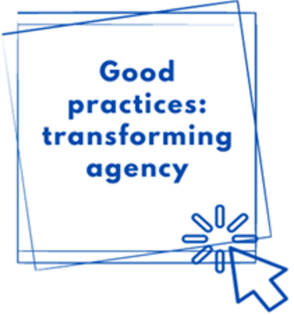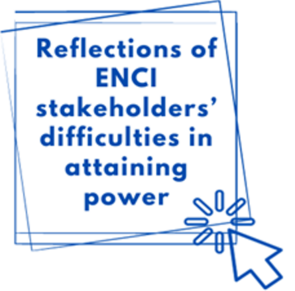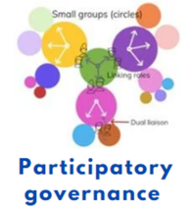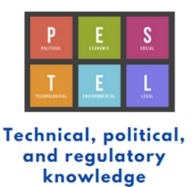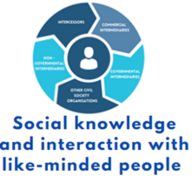Improving your empowerment through resources and advise
Welcome to this journey of individual and collective empowerment. If you have gone directly towards this option, it is probably because you already feel confident in your ability to act autonomously. That you have sufficient knowledge and control over the energy system. What we want to show you in here are some additional options that can help you to amplify your voice and your options in the wider energy system.
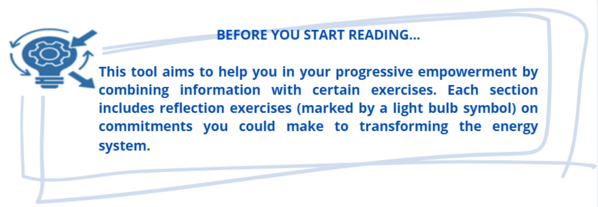
Please, click HERE to start your empowerment journey with a series of questions about yourself and your motivations. These questions will help you get to know yourself better and reflect on where you are right now on the path to empowerment.
Once you have finished them, we present some information that we have extracted from other initiatives and that may be interesting for you. We will do this by introducing you to some good practices that have been developed in different European contexts. These are examples of options and opportunities that are available to you. Next, we want to alert you to some of the risks that can occur in the process of becoming an empowered energy citizen. We do not want to be alarmist about this, so in addition to showing you the reflections of our informants, we will offer you some tips, ideas, and alternatives that people have adopted to solve their possible disempowerment:
- Good practices: transforming agency
- Reflections of ENCI stakeholders’ difficulties in attaining power
Once you have finished them, we present some information that we have extracted from other initiatives and that may be interesting for you. We will do this by introducing you to some good practices that have been developed in different European contexts. These are examples of options and opportunities that are available to you. Next, we want to alert you to some of the risks that can occur in the process of becoming an empowered energy citizen. We do not want to be alarmist about this, so in addition to showing you the reflections of our informants, we will offer you some tips, ideas, and alternatives that people have adopted to solve their possible disempowerment:
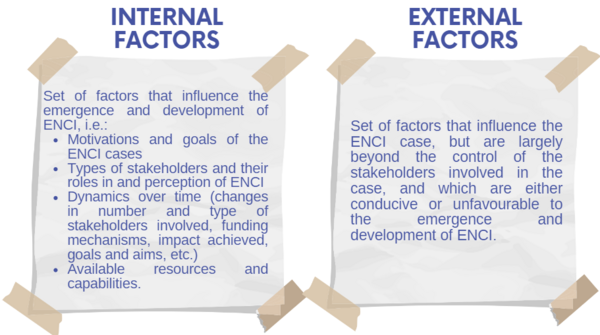
Regarding internal factors, we would like to stress the relevance of the resources (link back to "inter-link: BOX 5) that you have at your disposal - both personal-psychological, social, and material. These resources can be of major asset on the journey towards your individual empowerment and with a view to collective empowerment within the ENCI initiative.
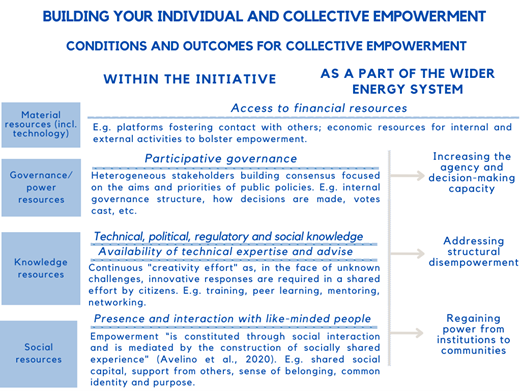
We conclude this section by highlighting how to foster participatory governance within your ENCI initiative. Subsequently, we will refer to the external factors that guide this participatory governance. These factors are classified into six categories: political, economic, socio-cultural, technological, ecological, and legal. These factors are considered within a methodological tool called PESTEL analysis. Moreover, as a support resource at your disposal, we will conclude by mentioning information regarding intermediary agents:
We hope you find them useful!
And once you've finished reviewing your resources and tools, how about making some commitments? Just click here (Link to BOX 7 HERE), read about our final tips and make some compromises.
